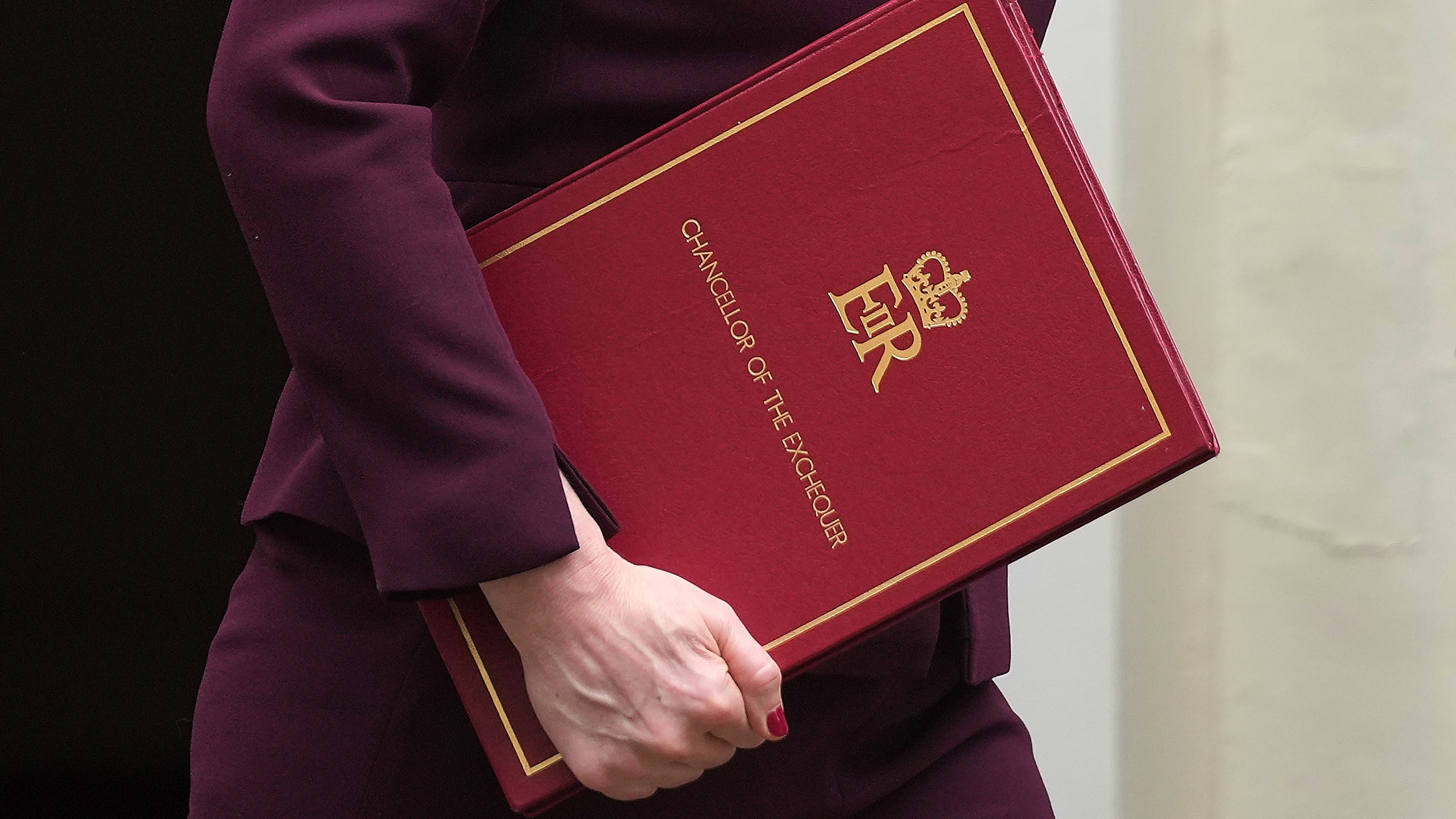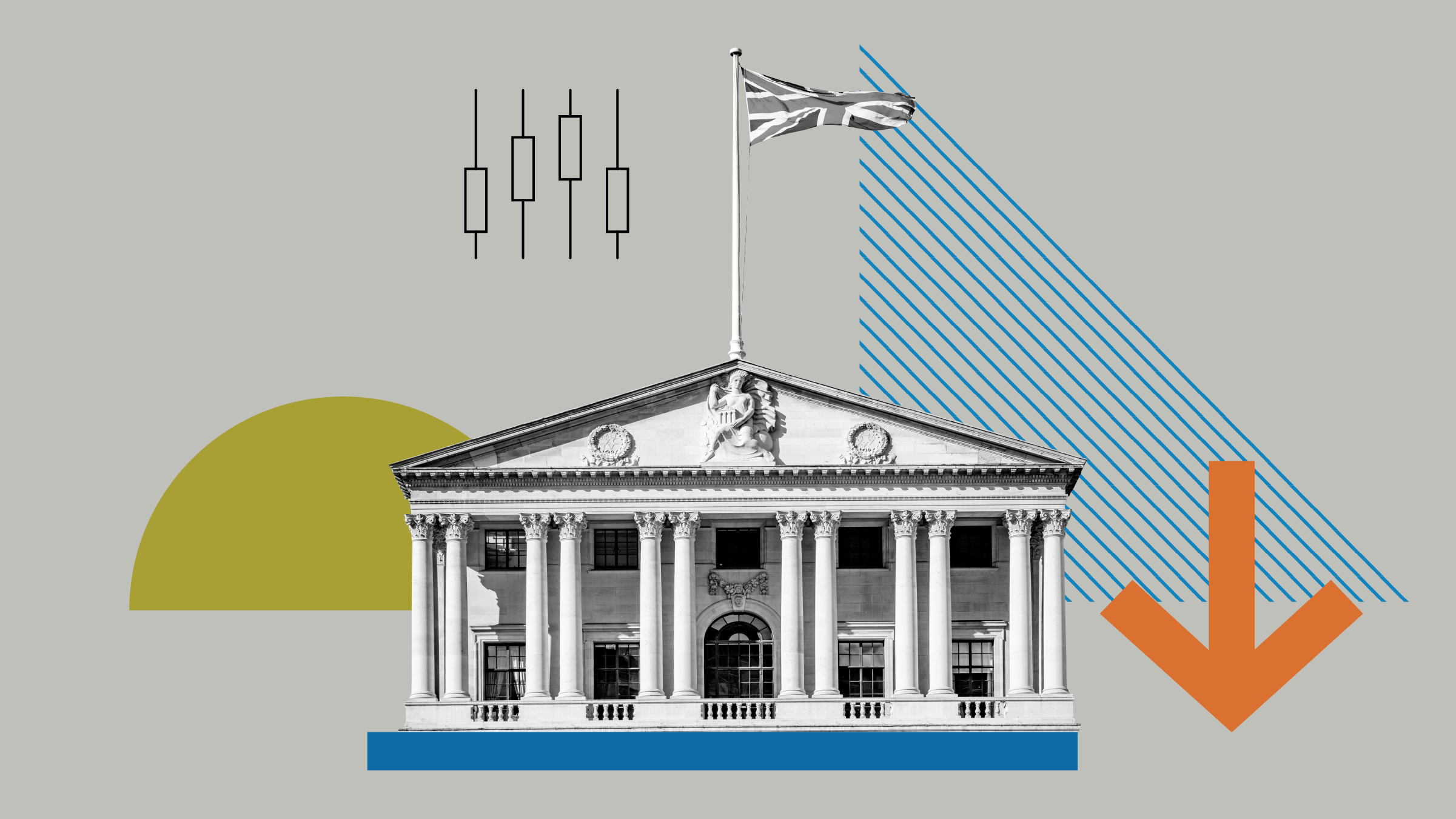
Ruth Taylor started investing a couple of years ago when she unexpectedly inherited a sum of money from a close friend.
Ruth, who is in her mid-30s, and works in the charity sector, sought financial advice about the best way to invest the windfall.
She says: “I also read a lot of articles and newsletters, particularly the Vestpod website which focuses on helping women to make better financial decisions.
“My investments are for my future self, and my investment strategy has largely been based on the idea I am investing money that I won’t need to touch for 10 to 20 years.”
This outlook has led Ruth, who lives in South London, to the more adventurous and riskier end of the investment spectrum, although she expects to go into more cautious areas as she gets older. She may also change her approach is her life plans change and she decides to start a family or move to a bigger home.
Ruth has tried to maximise the tax advantages of Isas and pensions and has opened both a Lifetime Isa and stocks and shares Isa, as well as investing into a self-invested personal pension (Sipp) through her workplace.
She says: “I started investing in 2018 and focused on making the most of my ISA allowance across two financial years. Having a large lump sum available motivated me initially and I’ve since set up regular payments into this stocks and shares Isa as well.”
Ready-Made Portfolios
Ruth found ready-made portfolios a good place to start. She has tended to opt for funds that offer reasonable diversification but also offer different risk options: “I’ve made good use of AJ Bell’s passive funds, which I think are excellent for beginners like myself.”
She has invested in the platform’s global growth, adventurous, moderately adventurous and balanced funds. As well as looking for low fees, Ruth also tries to invest ethically. To do this, she looks at Morningstar’s sustainability ratings, which helps give her an idea of how sustainably different funds are investing.
She adds: “I also look for funds that seem interesting and exciting to me, as well as those with an historically high return. If these are active rather than passive funds, I like to get a bit more information about the fund manager.”
When it comes to more ethically focused funds, Ruth has money in Stewart Investors Worldwide Sustainability, Liontrust UK Ethical and Hermes Impact Opportunities Equity funds.
Stewart Investors Worldwide Sustainability has a Silver Morningstar Analyst rating. Analyst Ronald van Genderen says: “We’ve long been fans of [this fund]. It has best-in-class research and a stable and experienced investment team.”
He adds: “The strength of the teamwork at Stewart is a critical feature. Though Nick Edgerton is the portfolio manager, significant contributions come from many, including the highly experienced David Gait, who is the named co-manager. Impressively, each member of the team exhibits extremely deep insights into the companies’ they research; they go the extra mile to ensure their research is original and independent.”
Elsewhere, the Liontrust fund is managed by Peter Michaelis and has a five-star rating from Morningstar, reflecting its strong performance against peers over recent years. The fund also has a high sustainability rating, meaning, on average, more of its assets are invested in companies that have lower environmental, social or governance (ESG) risk, as characterised by Sustainalytics.
Doing the right thing does not mean lower returns for investors though. The Liontrust fund has delivered trailing returns of 14.21% over the past three years, while the Stewart Investors Worldwide Sustainability fund has delivered 15.54% over the same period, according to Morningstar data.
While Ruth is relatively new to investing, she has not seen any “major disasters” so far.
She says: “I monitor my investments but I don’t look too closely at them too regularly, as I know the market goes up and down and the bulk of these investments are designed to be for the longer term.
“When I check and see some valuations have dropped I’m not taking it too much to heart, as volatility is to be expected and I’m hoping that in the long run the general direction will be upwards.”
While she is a bit concerned that an economic slowdown or Brexit could have an effect on markets, she is trying to remain sanguine. “I also know a lot could change between now and when I eventually retire. Our whole economic system could have changed for better or for worse.”











:quality(80)/cloudfront-us-east-1.images.arcpublishing.com/morningstar/6BCTH5O2DVGYHBA4UDPCFNXA7M.png)


















